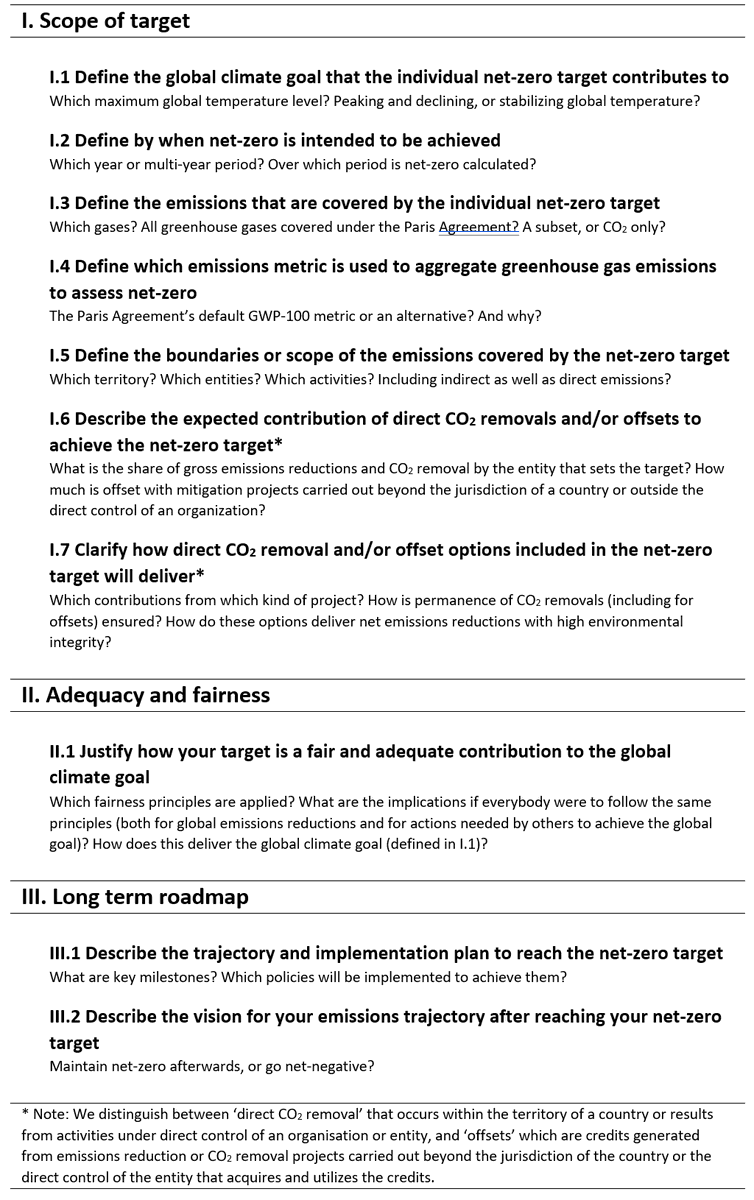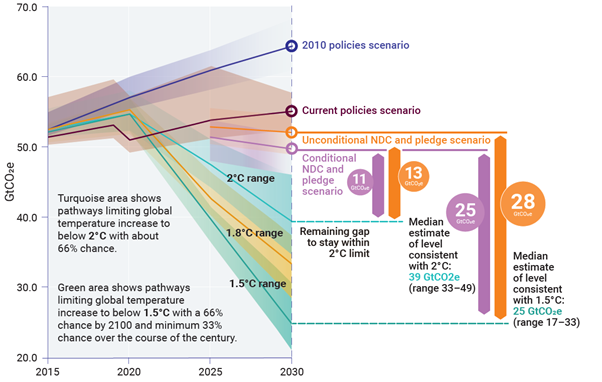
What makes a good #NetZero pledge?
Many things but picking three:
1) focus on reductions then removals (& separate them out)
2) justify how it is fair and adequate
3) have a clear plan showing how reductions are achieved in the near term (1/n)
bbc.com/future/article… @BBC_Future
Many things but picking three:
1) focus on reductions then removals (& separate them out)
2) justify how it is fair and adequate
3) have a clear plan showing how reductions are achieved in the near term (1/n)
bbc.com/future/article… @BBC_Future
Together with @CFyson from @climateactiontr and @katecullen_ we comment on how #NetZero targets can help, but also on how there is a series of boxes to be ticked by before any #NetZero target becomes a solid and ambitious contribution to tackling the #ClimateCrisis. (2/n)
Interested in more on #netzero targets?
I wrote a long thread on 10 guidelines that we published earlier this year in the scientific journal @Nature (with Annette Cowie, @ReisingerAndy and @Oliver_Geden) (3/n)
👇👇

I wrote a long thread on 10 guidelines that we published earlier this year in the scientific journal @Nature (with Annette Cowie, @ReisingerAndy and @Oliver_Geden) (3/n)
👇👇
https://twitter.com/JoeriRogelj/status/1372249881960665088

• • •
Missing some Tweet in this thread? You can try to
force a refresh












